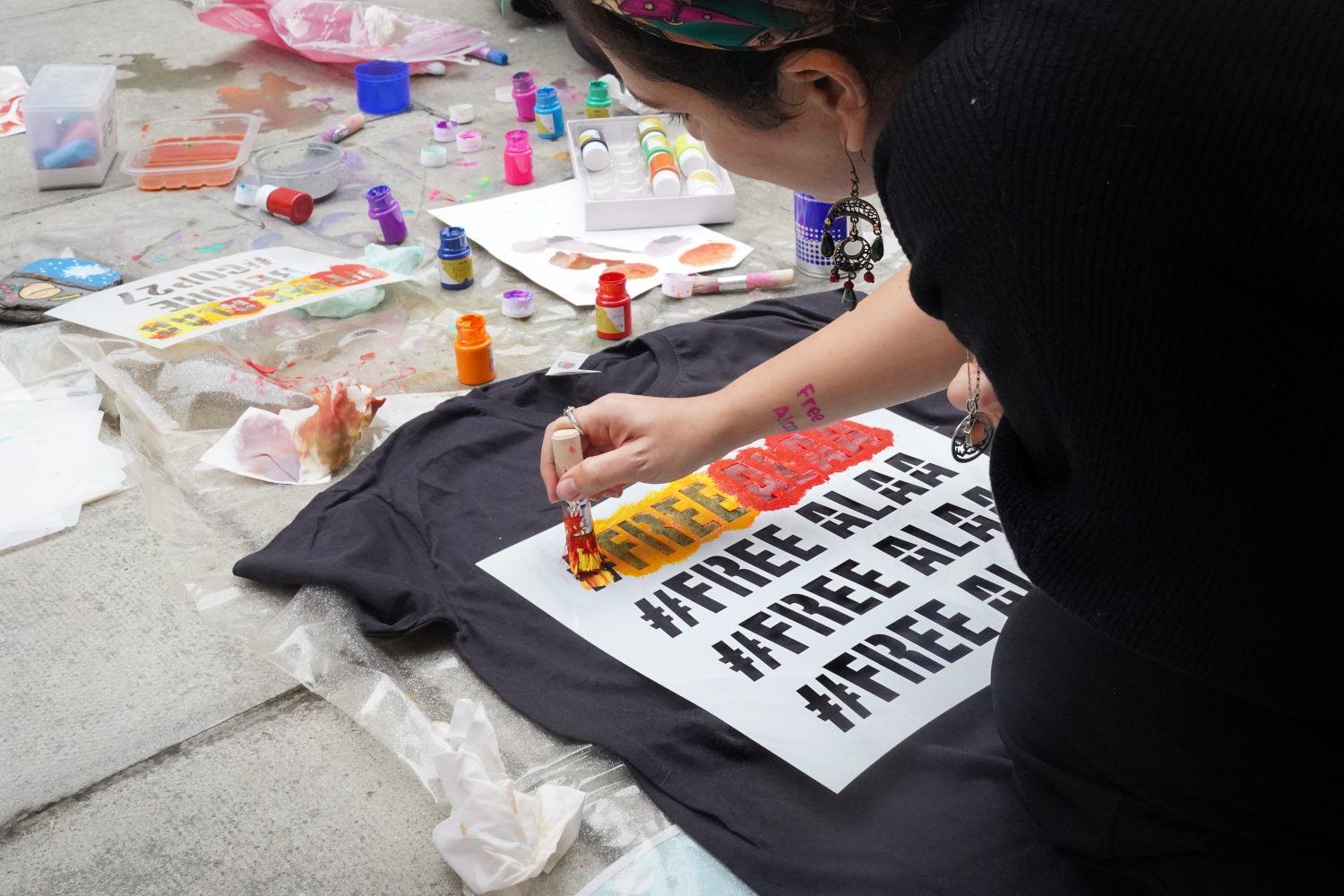
Strong call for the UK Government to do more to safeguard the rights of British nationals detained abroad
By Olivia Dehnavi, REDRESS Advocacy Officer
Cases of British nationals currently detained abroad serve as reminders of the pressing need to drive forward changes to better protect these nationals from torture and ill-treatment. This was clear from a recent event held by REDRESS in Westminster, which featured several such cases.
Some of the cases discussed during the event, ‘Safeguarding the rights of British nationals detained abroad’, were the cases of Jagtar Singh Johal, a British activist who has been arbitrarily detained in India for six years; Alaa Abdel Fattah, a British-Egyptian writer and activist who is imprisoned by the Egyptian Government; and Vladimir Kara-Murza, a British-Russian dual national who is Russia’s foremost opposition figure, and is currently detained in a Siberian penal colony. Attendees also raised the case of Ryan Cornelius, a British businessperson who has been arbitrarily detained in the United Arab Emirates for 16 years.
The majority of these cases are examples of the injustices faced by those who speak out against authoritarian governments, and there is an obvious need for the UK Government to take a proactive stance to protect the rights of its nationals, especially when there are allegations of torture or other human rights abuses.
The event outlined clear steps that the UK Government could and should take to improve protection of British nationals detained abroad, such as the introduction of a legal right to consular assistance and an improved framework for dealing with cases of State hostage-taking.
Attendees heard from survivors of detention and hostage-taking, their family members, legal experts, and parliamentarians. Speakers highlighted the need for political leadership to drive crucial reforms that would not only safeguard the rights of individuals, but also reflect the UK’s commitment to upholding human rights globally.
Perceived ‘Britishness’
Speakers identified differences in the attention that detained British nationals’ cases get depending on how ‘British’ they are perceived to be. For instance, despite being a British citizen, it was felt that Jagtar Singh Johal has received relatively little attention due to his Indian heritage. Speakers also raised the difficulty in securing UK Government action when the State detaining a British national is a UK ally. This was raised in relation to both Jagtar Singh Johal and Alaa Abdel Fattah, since India and Egypt are close allies of the UK.
Attendees underscored the issue of dual nationality as a pretext for the UK Government to overlook its responsibilities towards its nationals. While dual nationality is frequently cited as a barrier preventing the UK Government from accessing its detained citizens, it was suggested that this obstacle is more practical than legal. Despite claims of limited access, it was argued that UK officials have the capability to attend court proceedings or attempt (if necessary, repeatedly) to visit detainees in prison. The additional obstacles faced by dual nationals sends a disheartening message to families that their loved ones are somehow deemed ‘not British enough’.
Urgent need for leadership
One of the key themes echoed throughout the event was the urgent need for political leadership to back up the work done by consular officials. Speakers also highlighted the lack of a centralised system within the Foreign, Commonwealth and Development Office (FCDO) to address cases of arbitrary detention and hostage-taking, and raised concerns about the impact of Brexit on the UK’s ability to protect its citizens abroad. With the loss of EU protections and diminished standing on the world stage, as well as pressure to strike new trade deals, the UK Government faces increased challenges in advocating for the rights of British nationals detained in foreign countries.
Participants proposed a range of solutions to improve the protection of British nationals detained abroad, especially where that detention is arbitrary, or where they have suffered (or who are at risk of) human rights violations. Key recommendations included the introduction of a legal right to consular assistance, the establishment of a framework for addressing hostage-taking, and a coordinated response with other States where appropriate – for instance, by using targeted sanctions.
Survivors and their family members emphasised the need for a legal framework to ensure that families are not left to navigate these challenges alone. A legal right to consular assistance would provide much-needed support and transparent guidance to families facing the ordeal of having a loved one detained in a foreign country or facing human rights violations.
Furthermore, attendees called for a ‘whole-government’ approach to these issues, including a wholehearted recognition of decisions of the UN Working Group on Arbitrary Detention and the provision of comprehensive aftercare and rehabilitation for affected individuals upon their return home.
The event underscored the urgent need for proactive measures by the UK government to implement robust legal frameworks and policy reforms aimed at safeguarding the rights of British nationals facing human rights violations abroad, including arbitrary detention.
By introducing a legal framework for consular assistance and improved policies for cases of State hostage-taking, the UK Government would help prevent torture and ensure more effective support for British nationals and their families facing such abuses abroad.
Photo: Alisdare Hickson, CC BY-SA 4.0
